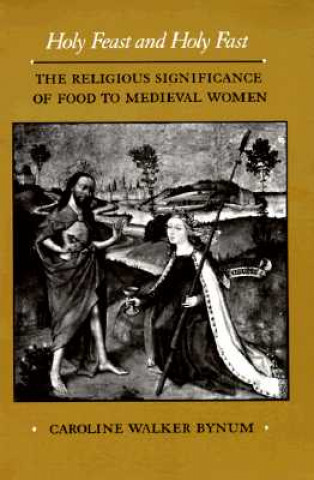
Kód: 04088465
Holy Feast and Holy Fast
Autor Bynum
In the period between 1200 and 1500 in western Europe, a number of religious women gained widespread veneration and even canonization as saints for their extraordinary devotion to the Christian eucharist, supernatural multiplicati ... celý popis
- Jazyk:
 Angličtina
Angličtina - Vazba: Brožovaná
- Počet stran: 464
Nakladatelství: University of California Press, 1988
- Více informací o knize

Mohlo by se vám také líbit
-

Rapid Eye Movement
716 Kč -
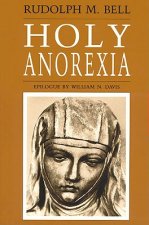
Holy Anorexia
849 Kč -
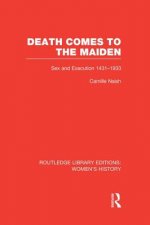
Death Comes to the Maiden
2078 Kč -

Negative Space
393 Kč -
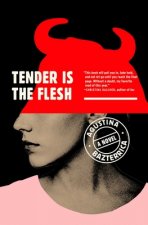
Tender Is the Flesh
347 Kč -

Eileen
302 Kč -
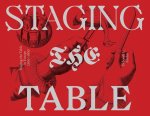
Staging the Table in Europe - 1500-1800
1239 Kč -
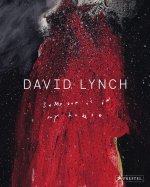
David Lynch
961 Kč -
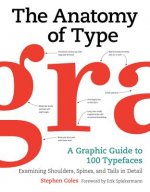
The Anatomy of Type: A Graphic Guide to 100 Typefaces
613 Kč -

The Poet Prince
381 Kč -

Dialectical Pedagogy Of Revolt, A: Gramsci, Vygotsky, And The Egyptian Revolution
1124 Kč -

Lollipop Shoes (Chocolat 2)
263 Kč -

Host
253 Kč -

Better Angels of Our Nature
378 Kč -

The Night Circus
184 Kč -

Le Corbusier
688 Kč -

Alarm für Cobra 11. Staffel.27, 2 Blu-rays
615 Kč -
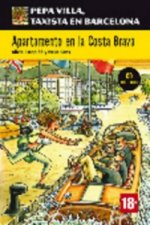
Pepa Villa, taxista en Barcelona
333 Kč -

Cesta do Jeruzaléma
301 Kč -

Niečo si želaj
32 Kč -

Hraj fér
223 Kč
Darujte tuto knihu ještě dnes
- Objednejte knihu a zvolte Zaslat jako dárek.
- Obratem obdržíte darovací poukaz na knihu, který můžete ihned předat obdarovanému.
- Knihu zašleme na adresu obdarovaného, o nic se nestaráte.
Více informací o knize Holy Feast and Holy Fast
Nákupem získáte 105 bodů
 Anotace knihy
Anotace knihy
In the period between 1200 and 1500 in western Europe, a number of religious women gained widespread veneration and even canonization as saints for their extraordinary devotion to the Christian eucharist, supernatural multiplications of food and drink, and miracles of bodily manipulation, including stigmata and inedia (living without eating). The occurrence of such phenomena sheds much light on the nature of medieval society and medieval religion. It also forms a chapter in the history of women. Previous scholars have occasionally noted the various phenomena in isolation from each other and have sometimes applied modern medical or psychological theories to them. Using materials based on saints' lives and the religious and mystical writings of medieval women and men, Caroline Walker Bynum uncovers the pattern lying behind these aspects of women's religiosity and behind the fascination men and women felt for such miracles and devotional practices. She argues that food lies at the heart of much of women's piety. Women renounced ordinary food through fasting in order to prepare for receiving extraordinary food in the eucharist. They also offered themselves as food in miracles of feeding and bodily manipulation. Providing both functionalist and phenomenological explanations, Bynum explores the ways in which food practices enabled women to exert control within the family and to define their religious vocations. She also describes what women meant by seeing their own bodies and God's body as food and what men meant when they too associated women with food and flesh. The author's interpretation of women's piety offers a new view of the nature of medieval asceticism and, drawing upon both anthropology and feminist theory, she illuminates the distinctive features of women's use of symbols. Rejecting presentist interpretations of women as exploited or masochistic, she shows the power and creativity of women's writing and women's lives.
 Parametry knihy
Parametry knihy
Zařazení knihy Knihy v angličtině Humanities Religion & beliefs Christianity
1046 Kč
- Plný název: Holy Feast and Holy Fast
- Autor: Bynum
- Jazyk:
 Angličtina
Angličtina - Vazba: Brožovaná
- Počet stran: 464
- EAN: 9780520063297
- ISBN: 0520063295
- ID: 04088465
- Nakladatelství: University of California Press
- Hmotnost: 694 g
- Rozměry: 229 × 153 × 31 mm
- Datum vydání: 07. January 1988
Oblíbené z jiného soudku
-
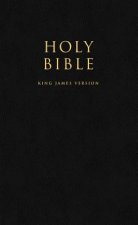
The Holy Bible - King James Version
268 Kč -
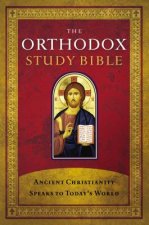
Orthodox Study Bible, Hardcover
1178 Kč -

Prayer Book
693 Kč -

Yoga of Jesus
322 Kč -

NRSV, Catholic Bible, Gift Edition, Leathersoft, White, Comfort Print
685 Kč -

KJV Holy Bible, Personal Size Giant Print Reference Bible, Burgundy Leather-Look, 43,000 Cross References, Red Letter, Comfort Print: King James Versi
431 Kč -

Jesus Calling, Pink Leathersoft, with Scripture References
415 Kč -
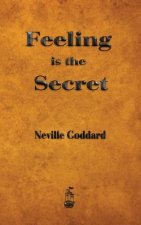
Feeling is the Secret
174 Kč -

KJV, Value Thinline Bible, Compact, Leathersoft, Brown, Red Letter, Comfort Print
343 Kč -

KJV, Holy Bible, Larger Print, Paperback, Comfort Print
170 Kč -

Holy Bible
632 Kč -

Second Coming of Christ
1548 Kč -
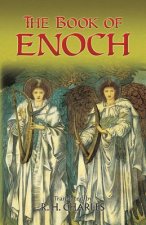
Book of Enoch
236 Kč -
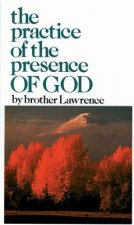
Practice and Presence of God
197 Kč -

NKJV, Lighting the Way Home Family Bible, Hardcover, Red Letter Edition
1178 Kč -

Secrets of a Prayer Warrior
197 Kč -

HOLY BIBLE: King James Version (KJV) White Compact Christening Edition
464 Kč -

Message Deluxe Gift Bible, Brown
372 Kč -

Disciplines of a Godly Man
384 Kč -
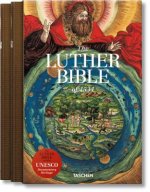
Luther Bible of 1534
1338 Kč -
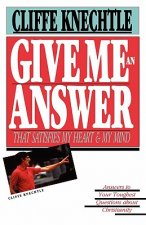
Give Me an Answer
546 Kč -
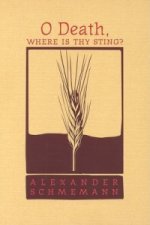
O Death, Where is Thy Sting?
343 Kč -
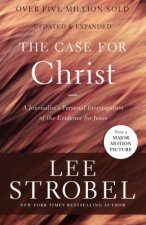
Case for Christ
224 Kč -

NRSV, Catholic Bible, Gift Edition, Leathersoft, Teal, Comfort Print
701 Kč -

Jesus Calling, Large Text Brown Leathersoft, with Full Scriptures
653 Kč -

How We Love: Discover your Love Style, Enhance your Marriage (Expanded Edition)
399 Kč -
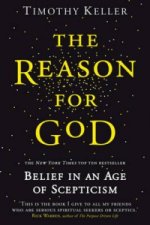
Reason for God
323 Kč -

NKJV, Checkbook Bible, Compact, Bonded Leather, Black, Wallet Style, Red Letter
722 Kč -

KJV Economy Bible
172 Kč -
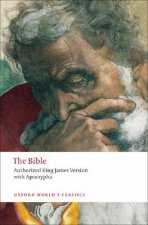
Bible: Authorized King James Version
400 Kč -
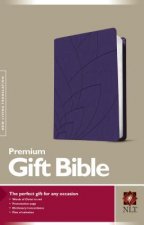
NLT Premium Gift Bible, Purple
384 Kč -

CSB Compact Bible, Brown LeatherTouch, Value Edition
320 Kč -

Angels
471 Kč -
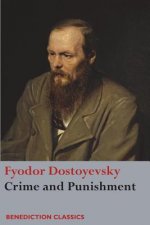
Crime and Punishment
491 Kč -
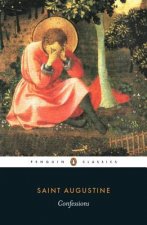
Confessions
237 Kč -
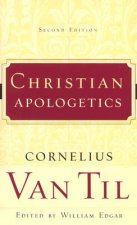
Christian Apologetics
381 Kč -
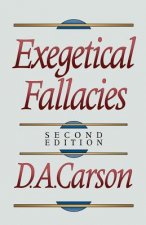
Exegetical Fallacies
479 Kč -

Foundation Study Bible-KJV
722 Kč -
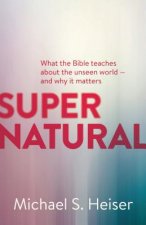
Supernatural
376 Kč -

Embraced
494 Kč -

Hillbilly Volume 2
429 Kč -
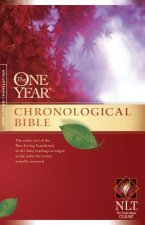
NLT One Year Chronological Bible, The
444 Kč -

ESV Vest Pocket New Testament with Psalms and Proverbs
291 Kč -

Real Kosher Jesus
362 Kč -

Gravity and Grace
574 Kč -

Lacemaker
504 Kč -

ESV Archaeology Study Bible
1406 Kč -

Resurrection of Jesus
1202 Kč -

Holy Bible: English Standard Version (ESV) Anglicised Black Gift and Award edition
303 Kč
Osobní odběr Praha, Brno a 12903 dalších
Copyright ©2008-24 nejlevnejsi-knihy.cz Všechna práva vyhrazenaSoukromíCookies



 Vrácení do měsíce
Vrácení do měsíce 571 999 099 (8-15.30h)
571 999 099 (8-15.30h)